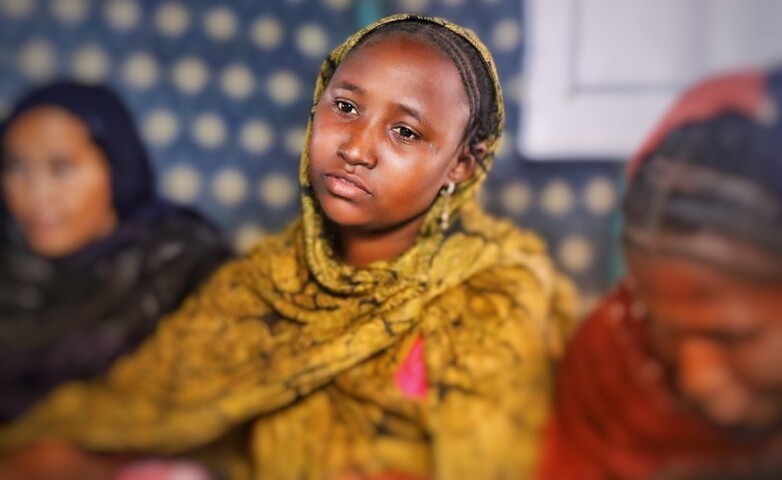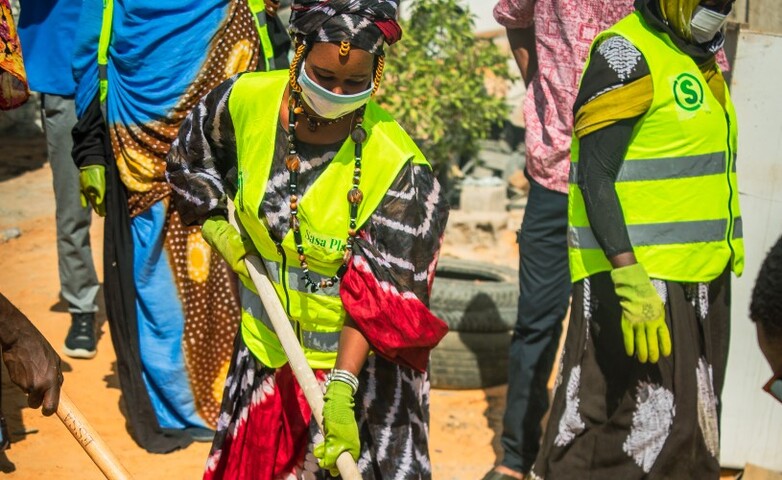Advancing sustainable solutions and opportunities for refugees and host populations in Mauritania
Supporting refugees and vulnerable populations in host communities in Mauritania
-
Client
German Federal Ministry for Economic Cooperation and Development (BMZ)
-
Country
-
Political sponsors
More
-
Runtime
2024 to 2027
-
Involved
United Nations High Commissioner for Refugees (UNHCR)
-
Products and expertise
Economic development and employment
 © GIZ
© GIZContext
Mauritania, despite its relative stability in the Sahel region, faces significant challenges with over 300,000 refugees, more than half of whom are women and children. In Hodh El Chargui, the country’s largest region, refugees exceed 50 per cent of the population, straining resources and infrastructure. Host communities, already burdened by economic insecurity, unemployment, and climate change, face growing pressure. In response, Mauritania reaffirmed its commitment to supporting refugees at the Global Refugee Forum (GRF) 2023. However, local systems remain overstretched, and income opportunities are limited.
 © GIZ
© GIZObjective
The socio-economic inclusion of refugees and vulnerable members of host communities, particularly women, has improved in selected areas of Mauritania.
Approach
The project operates with a blended team, including members of the United Nations High Commissioner for Refugees (UNHCR), focusing on the following areas:
- Improving access to basic services like healthcare through telemedicine, education via digitalised school enrolment support, and civil documentation through mobile registration and legal documentation delivery;
- Promoting livelihoods and economic inclusion through vocational training programmes and entrepreneurship initiatives;
- Enhancing social protection by enhancing referral systems and supporting the national social registry;
- Fostering social cohesion and peaceful coexistence within communities through intercommunity dialogue sessions, cultural exchange activities, and conflict-resolution workshops.
Last update: March 2025






